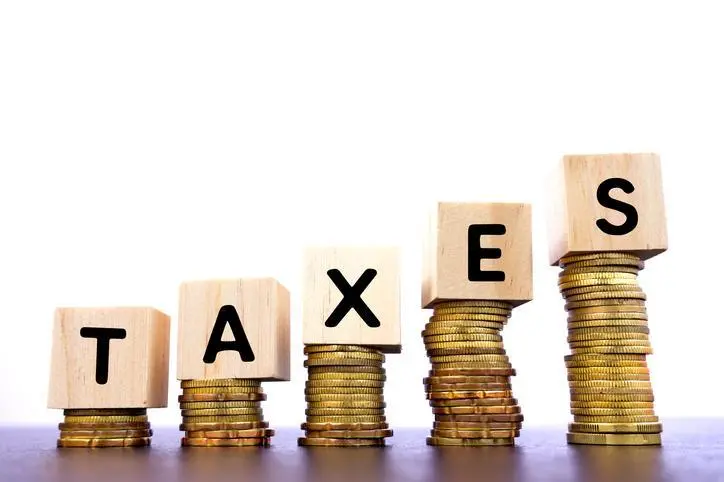PHOTO
Investment pundits said UAE would continue to drive FDI capital into the region as investors prefer the emirate due to its business-friendly policies, excellent infrastructure, and structural changes aimed at diversifying the economy.
The UAE, which has recorded a 116 per cent growth in foreign direct investment over the past 10 years, will remain a key global hub for FDI regardless of the rollout of nine per cent corporate tax (CT) as it continues to retain its global competitiveness and attraction a business destination on the back of a series of investor-friendly reforms.
Fincasa Capital, a global financial services & Tax advisory firm, said on Wednesday that it sees no let-up in investments into the country despite the new taxation structure.
Varis Sayed, founder of Fincasa Capital, said CT would be a boon for the UAE economy in that it will provide the government with a new source of revenue and, in effect, help reduce its heavy reliance on oil receipts.
“We expect that the new tax regime will strengthen the confidence of investors in the national economy’s growth prospects, seeing the government’s willingness to implement changes vital to globalize the local business culture and making the country internationally pioneering.”
Investment pundits said UAE would continue to drive FDI capital into the region as investors prefer the emirate due to its business-friendly policies, excellent infrastructure, and structural changes aimed at diversifying the economy.
Garbis Iradian, chief economist at the Institute of International Finance, said the UAE, which remains the largest FDI recipient in the Mena region with inflows of $22 billion in 2022, representing 4.3 per cent of its gross domestic product, will continue to drive capital inflow into the region.
FDI inflows to the Middle East, North Africa, and Pakistan (Menap) region are set to reach $56 billion in 2022, and $66 billion in 2023 as the UAE witnesses elevated FDI, driven by a friendly business environment, excellent infrastructure, predictable policies, and structural changes aimed at diversifying the economy and creating a dynamic and expanded private sector, Iradian said.
According to Hatem El Safty, CEO of Business Link, the UAE will attract a major share of $66 billion in potential FDI inflows into the Middle East, North Africa, and Pakistan (Menap) in 2023 as global investors consider the emirate an ideal destination for investment.
Sayed said the move would not only help make the UAE more prepared for a post-oil world, but it will also enable the country to move closer to its goal to become the top nation in the next 50 years.
“At Fincasa Capital, we will extend all the support to entice more international investors to come to the UAE shores and take advantage of the many opportunities here.”
The introduction of CT on annual profits above Dh375,000 effective from June 2023 was the latest in a series of recent government reforms enacted to align the UAE with the global tax regime. Investment and tax experts said the landmark move signifying the nation’s transformation to an advanced economy, was also in keeping with the UAE’s economic diversification efforts as well as its commitment to enhance the local business and investment landscapes and attract the best talents from across the world.
Tax experts said the motivation behind the introduction of a regime is to enable the UAE to remain a competitive and productive economy as well as to continue to support and encourage growth.
“Besides, the UAE wants to be sufficiently flexible to respond to changing international and domestic environments and tax developments. The UAE intends to continue to attract foreign investment and to provide certainty for both - businesses and the tax administration. Moreover, they aim to minimize the compliance burden for businesses,” they said.
Copyright © 2022 Khaleej Times. All Rights Reserved. Provided by SyndiGate Media Inc. (Syndigate.info).





















